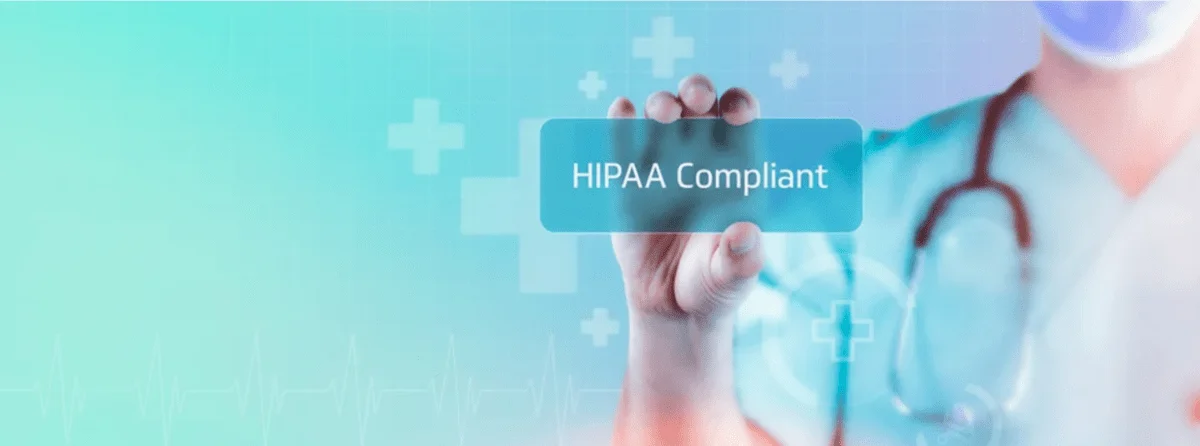Navigating the Complex World of HIPAA Compliance

In the realm of healthcare, safeguarding patient information is paramount. The Health Insurance Portability and Accountability Act (HIPAA) was enacted in 1996 to ensure the protection of patients' sensitive health information while also allowing for the secure exchange of medical data. Compliance with HIPAA regulations is not just a legal requirement but also a crucial ethical responsibility for healthcare providers. In this guide, we'll delve into the intricacies of HIPAA compliance and offer insights into how healthcare organizations can navigate this complex landscape effectively.
Understanding HIPAA
HIPAA comprises various rules and standards designed to protect patients' health information. The key components of HIPAA include:
Privacy Rule: This rule establishes national standards to protect individuals' medical records and other personal health information (PHI). It limits the use and disclosure of PHI and gives patients greater control over their health information.
Security Rule: The Security Rule sets standards for the security of electronic PHI (ePHI). It outlines administrative, physical, and technical safeguards that healthcare providers and other covered entities must implement to protect ePHI.
Breach Notification Rule: This rule requires covered entities to notify affected individuals, the Secretary of Health and Human Services, and, in some cases, the media, in the event of a breach of unsecured PHI.
Enforcement Rule: The Enforcement Rule establishes procedures for investigating complaints of HIPAA violations and outlines the penalties for non-compliance.
Achieving HIPAA Compliance
Compliance with HIPAA regulations involves a multifaceted approach that encompasses policies, procedures, technology, and employee training. Here are some essential steps for achieving HIPAA compliance:
Conduct a Risk Assessment: Healthcare organizations should regularly assess the risks to the confidentiality, integrity, and availability of PHI. This includes identifying potential security vulnerabilities and implementing measures to mitigate them.
Develop Policies and Procedures: Establish comprehensive policies and procedures that address HIPAA requirements, including those related to privacy, security, and breach notification. Ensure that employees are aware of these policies and receive regular training on HIPAA compliance.
Implement Technical Safeguards: Use encryption, access controls, and other security measures to protect ePHI stored and transmitted electronically. Implement secure messaging systems, firewalls, and intrusion detection systems to safeguard against unauthorized access.
Train Employees: Educate employees on their responsibilities regarding HIPAA compliance, including the importance of safeguarding PHI, proper data handling procedures, and the consequences of non-compliance. Regular training sessions and updates are essential to reinforce compliance efforts.
Monitor and Audit Compliance: Implement regular monitoring and auditing processes to detect and address any potential HIPAA violations proactively. Conduct internal audits, review access logs, and investigate any incidents or breaches promptly.
The Importance of HIPAA Compliance
Ensuring HIPAA compliance is not just a legal obligation; it's also vital for maintaining patient trust and protecting the integrity of healthcare data. Non-compliance can result in significant financial penalties, reputational damage, and loss of patient confidence. By prioritizing HIPAA compliance, healthcare organizations demonstrate their commitment to patient privacy and security while also mitigating the risks associated with data breaches and regulatory violations.
In conclusion, HIPAA compliance is a critical aspect of modern healthcare operations. By understanding the requirements of HIPAA regulations and implementing robust compliance measures, healthcare providers can safeguard patient information, mitigate risks, and uphold the highest standards of privacy and security. Compliance is an ongoing process that requires diligence, investment, and a culture of accountability across the organization. By prioritizing HIPAA compliance, healthcare providers can fulfill their ethical and legal obligations while fostering trust and confidence among patients and stakeholders alike.